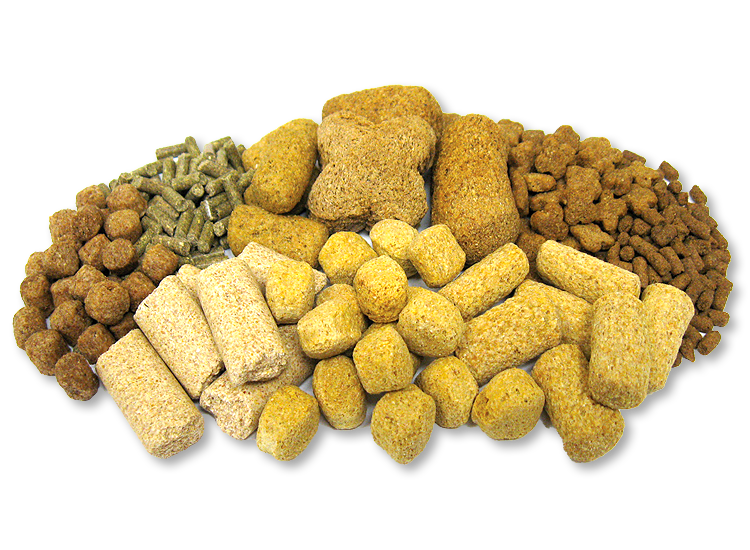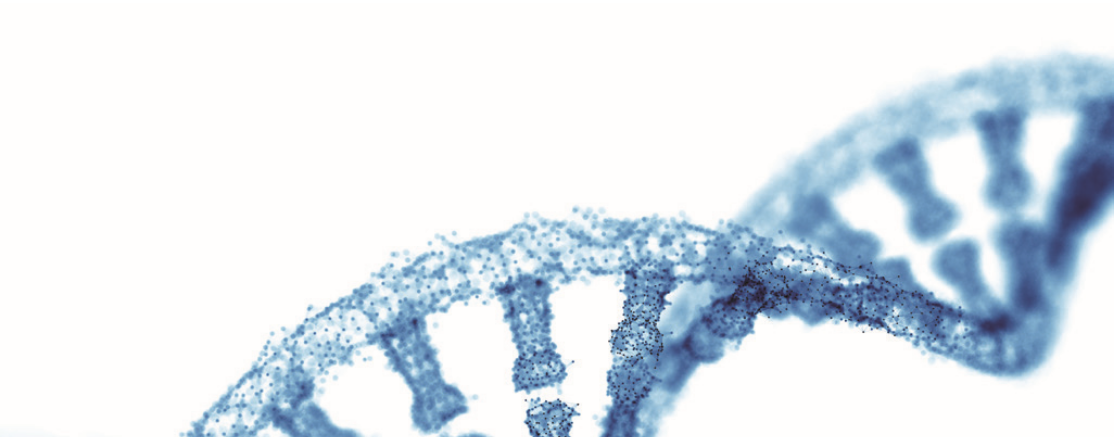Custom Research Diets

Custom diets are developed for a specific purpose and benefit from your input and our expertise
Determining the most appropriate diet for your research model can be challenging, but we are here to help. With more than 20,000 unique formulas in our database attained over 40 years, Inotiv nutritionists have vast experience to draw upon.
To meet the progressive demands of science and to serve you better, we continually add to our database as we acquire new knowledge.
Common uses for custom diets include
- Control nutrients
- Induce disease
- Atherogenic (cholesterol, fat, cholate)
- Diet-induced obesity (40-60% kcal from fat)
- High carbohydrate (fructose, sucrose)
- NaCl adjusted
- MASLD and MASH
- Cuprizone demyelination
- Dose animals
- Control gene expression — doxycycline or tamoxifen containing diets
- Addition of customer-supplied ingredients/compounds
- Others
Diets and ingredients
You can select from the wide variety of existing diets, or one designed specifically for your purposes. Either way, we encourage you to contact us for complimentary consultation with our nutritionists.
A small number of representative custom research diet formulas are found on our website. If you are unable to find a product code or formula description cited in a publication, or one used previously by your lab or others, contact us.
Want more information? Expand the sections below, visit our ordering and services page, view answers to our diet FAQs, or contact us at askanutritionist@inotiv.com.
Learn more about different types of custom diets
Purified diets
Purified diets are the most common type of custom diet. They are made with refined ingredients such as casein, sucrose, corn starch, fat, oil, and cellulose. These high-quality, food grade ingredients have relatively simple chemical compositions making it easier to manipulate individual nutrients. The use of refined ingredients provides uniformity and reproducibility benefits, and also serves to reduce variation due to natural substances that may have biological activity.
Common classes of purified diets include:
- AIN diet formulas
- Amino acid defined
- High fat for obesity (40-60% kcal from fat)
- High carbohydrate (fructose, sucrose)
- Vitamin and mineral adjusted
Standard diets with additions
You can use one of our complete standard natural ingredient diets from either our Global or Traditional lines to serve as the base for a custom diet. We can add various types of in-house ingredients such as doxycycline, tamoxifen, cuprizone, cholesterol, lithium, carbonyl iron, vitamin E, aspirin, ibuprofen, and more. We also routinely add customer-supplied ingredients.
Natural ingredient diets
Custom natural ingredient diets are formulated using the same agricultural commodities as found in our standard laboratory animal diets. These include corn, wheat, soybean meal, alfalfa meal, fish meal, and other agricultural by-products. These ingredients have relatively complex and variable chemical composition, and thus their use in custom diets is limited. The NaCl adjusted series for rodents are one example of custom diets in this category.
Hybrid diets
Hybrid diets are a mixture of natural and refined ingredients. This type of blended formulation is sometimes necessary to limit specific nutrient or non-nutrient substances. The inclusion of some natural ingredients can enhance palatability of a hybrid diet, particularly for rabbits and guinea pigs.
Customer-supplied ingredients
You may have a specific additive that you would like us to include in one of our purified, standard, natural ingredient, or hybrid diets. Upon review of safety information, we can do that for you. It is often a convenient approach for dosing research animals. Some of the additives you may consider include food extracts, antioxidants, anti-inflammatory agents, fatty acids, pharmaceutical drugs, and many more. See customer-supplied ingredients to learn more.
Manufacturing
Most research diets are available in two forms, pellet or powder. Due to specific features of diet composition, powder can range from free-flowing, dough, or paste consistency. When producing pelleted diet, deionized water is incorporated into the powder. Pellets are then formed via compression in a pellet mill. No external heat is applied. Pellets are dried in a vacuum oven at 50 degrees celsius for a time necessary to remove the water that was added for pelleting. Air-drying (no added heat) is also an option that you can discuss with our nutritionists.
Quality assurance
Ensuring quality and consistency in the manufacture of our diets is of the utmost importance. Our Teklad custom research diets are manufactured at a facility dedicated exclusively to the manufacture of diets for laboratory animals. Established quality procedures, which are certified to ISO9001 standards, demonstrate our commitment to excellence in providing consistent products and services to the global research community.
Among the thousands of formulas in our files, each formula is assigned a unique product code that is archived and can be referred to even years later. Upon receipt of an order, a production record with a unique lot number is generated. This production record accompanies the order through all stages of production and packaging, providing traceability. If contacting us with a question or quality concern, it is helpful to identify your diet with the product code and lot number.
If you want to identify your product, look for the following:
- Teklad custom diet product codes begin with “TD” or “CA” followed by a unique five or six digit identification number.
- Each specific batch of a given product is also assigned a unique seven digit lot (Rx) number.
Irradiation
Barrier facilities or certain animal models require sterilized diet. Most custom research diets do not withstand autoclaving; however, we can arrange for qualified diets to be irradiated. Irradiation significantly reduces the bioburden (number of viable organisms) contained in a product by indirectly exposing the product to gamma ionizing radiation from cobalt-60. The irradiation dose range is two to five MRad (20-50 kGy). If you have technical questions about irradiation or need help determining if a formula is suitable for irradiation email our nutritionists at askanutritionist@inotiv.com.
There is a nominal fee for our irradiation service and additional time required for the procedure. We recommend that you plan for up to an additional two weeks.
Vacuum packaging
Vacuum packaging may be helpful in delaying oxidative processes that occur in diet and should be considered for diets with potentially unstable compounds like long chain polyunsaturated fatty acids or cuprizone. If ordering a high-fat diet with irradiation, vacuum packaging may reduce irradiation-induced peroxide formation. Vacuum packaging is also common for irradiated diet that will be fed in isolator units as the smaller size and impermeable packing facilitate disinfection and passage through isolator ports.
Vacuum packaged diet is placed into an inner white bag which is folded and taped. This bag is then placed into the thick plastic bag that is heat sealed after the vacuum has drawn air out. Standard vacuum packages “SVP” have most air drawn out and form a tight package around the pellets. For high fat or other fragile pellets, soft vacuum packaging “SFVP”, where some air remains in the package, may offer additional protection during shipping.
Typical vacuum package sizes are one or two kg. To inquire about different package sizes or vacuum packaging of a powder please email our nutritionists at askanutritionist@inotiv.com.
Confidentiality
We care about the confidentiality of your information and our relationship. Therefore, we are careful about the information exchanged with others, and we will consider formal agreements to protect information, if necessary.

Ask a nutritionist
Live chat Live chat
Teklad diet selector
Selector app Selector app
in stock now tamoxifen diets
Learn more about our available diet formulations
Download product sheet Download product sheet



